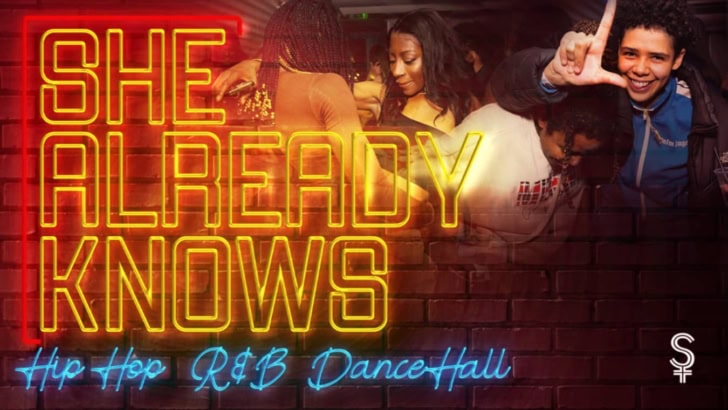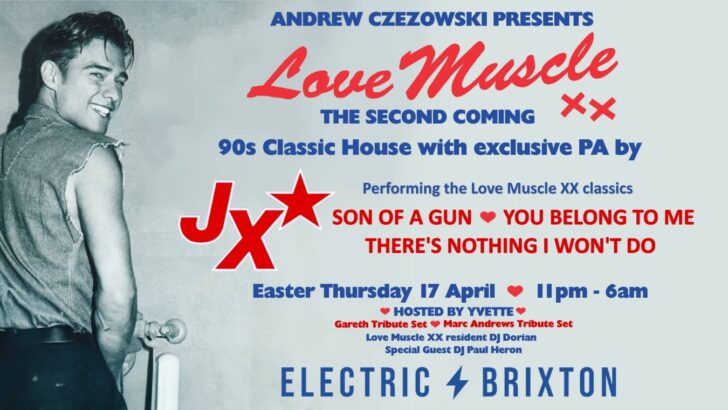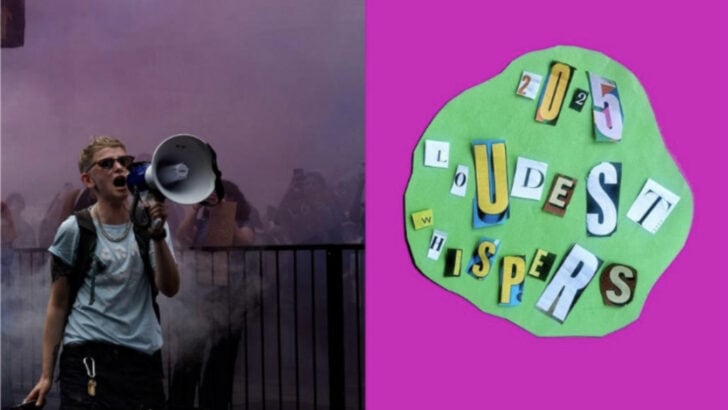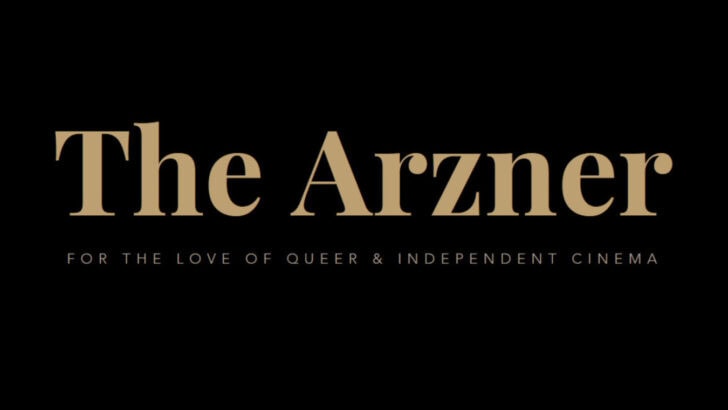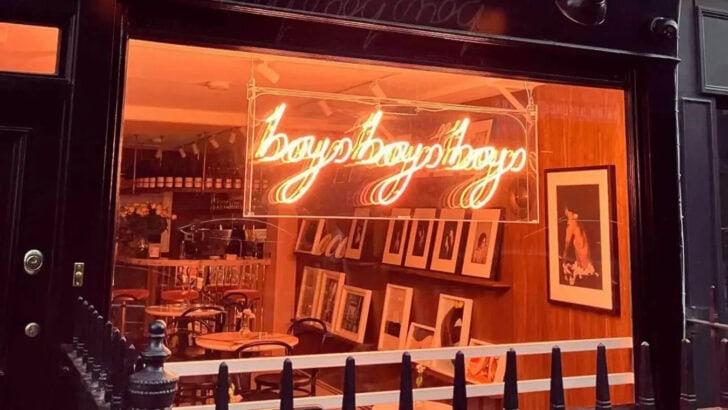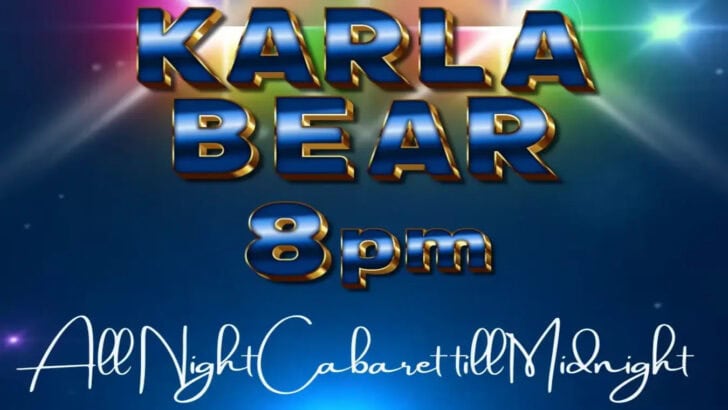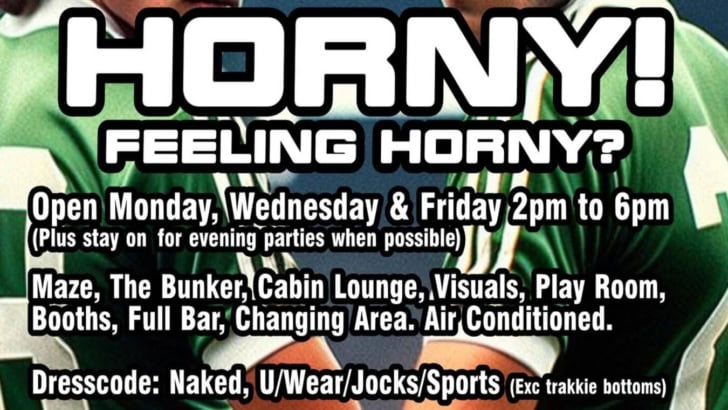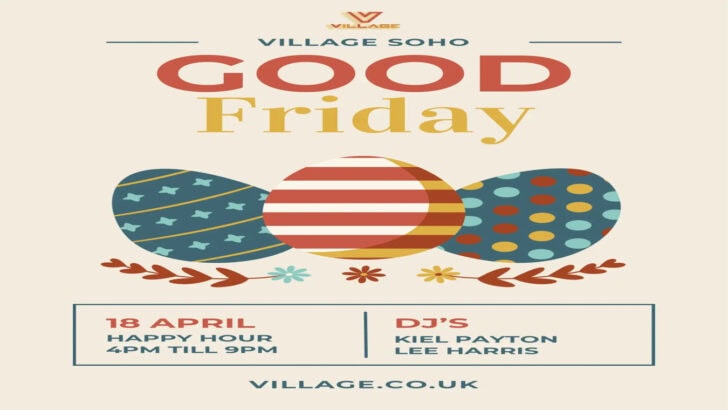What is your earliest childhood memory?
When I was a kid I had a severely lazy eye (which I still have slightly). I had a series of surgeries to correct it and after one of these surgeries I got up to use the bathroom in the night and walked into a door handle. I’ve always been very clumsy, and come to think of it I’ve always been very conscious of my lazy eye… maybe that’s why I love wearing glasses in my drag – to hide it.
At what age did you start to realise you were different, and how did that materialise and feel?
Mum always tells me that I asked for a tutu for my 4th birthday, so I think a flair for gender-non-conformity has always been there. I think other people realised before I did, even in school. Other students just knew somehow that I was different, but they couldn’t figure out why – so they decided to bully me for being ginger. That’s when I started to realise I was different myself.
School years are often the worst for those who stand out from the crowd. How did you cope?
Secondary school started off rough. I spent many weeks skipping school pretending to be ill. I ended up, after a year and a half of bullying, moving schools to what had a reputation as the ‘roughest’ school in the area – because it was the only one that had space. It turned out to be a blessing, I made lovely friends and although I was met with homophobia when I started to show ‘signs’ of being queer, I’d developed a thicker skin by that point and was able to give it as good at I got it. The bullying from my earlier school years continues to effect me in many different ways today, but I continue to work though it.

What were the teachers like?
I don’t have many memories of my teachers. I had a fab drama teacher in secondary school who always accepted me for who I was and encouraged me to grow. I also had some fantastic gay performing arts teachers in college who were good role models. I do have a memory of a sex-ed class (the only one I ever had) where the teacher told us that gay people got AIDS because anal sex wasn’t natural and therefore made the anus bleed causing STIs to get in.
How did your family and friends react to you coming out as gay?
I never really came out to anybody, I didn’t need to. Everyone just kinda assumed. It was never an issue. There was a conversation with mum in the car once (these conversations always seem to happen in the car) where she was like ‘is that close friend of yours your boyfriend?’ and I said ‘no, but I do like boys.’ I still haven’t done much coming out to this day. I’ve been lucky enough to have mostly quite open, accepting and supportive people in my life when it comes to sexuality and gender.
What did you do when you left school?
I studied drama at a university in London, and whilst there I was lucky enough to build up contacts and skills in being a freelance content creator/filmmaker for charities. That’s how I started to properly stumble upon the London drag/cabaret scene.
Your drag creation is fantastic. How did you decide upon the name and look?
During the Art of Drag course at the Royal Vauxhall Tavern, we created our first act (one I still perform regularly today). When I was coming up with names I had a few ideas, and they were all very heavily queen-focussed pun/character names. I decided I wanted a one word name – I want to be like Milk or Cher or Sinitta, you know? I also wanted something silly that matched my personality – because I always knew I just wanted to be a version of myself on stage. One day when I was listing off things I’d find in the kitchen whilst brainstorming and ‘Carrot’ came up – and it stuck. I’m glad I didn’t go with ‘Spatula’ which was my alternative. The look has developed over time – keeping the same initial ideas. I created a brand and a look that worked around how I would be my most comfortable on stage.
What impression do you think Carrot gives off when performing, and what impression do YOU want them to give off?
Sometimes Carrot is very silly and self-deprecating, sometimes they are happy and upbeat and encouraging, sometimes they are angry. I want Carrot to give off the full range of human emotion, and I think they do – but not always in the ways I plan. I think as long as the audience walks away with a smile on their face, saying ‘I don’t know what the f*ck I just watched, but I loved it’, then I’m happy.
Are you politically minded and engaged?
Since moving to London seven years ago I’ve been an avid supporter and member of the LGBTQ+ movement. Everything I’ve done whether professionally, educationally, voluntarily, and socially, has always revolved around the movement in some way. Over the lockdown, like many, I had a real chance to reflect on what it is exactly that I care about and how I want to act on that. The rise of the Black Lives Matter movement was astonishing, and it was incredible how everyone was forced to face up to their inner racism. Since then, I’ve started my journey on educating myself to become an anti-racist in everything I do. I’m also hugely passionate about trans+ rights, aside from being enby myself, I have a younger enby sibling and my older brother and his wife are both trans. The ability for trans+ people to self-identify without needing to be diagnosed as having an illness (amongst other silly criteria) is essential. Binaries are harmful. Reform the GRA!
 You define as non binary. When and how did you discover this, and what does being non binary mean to you?
You define as non binary. When and how did you discover this, and what does being non binary mean to you?
For me, most people are a bit non binary in one way or another. If you are of the understanding that gender is on a spectrum, then you are of the understanding that you are probably somewhere along that spectrum. (I might also add – biological sex is also on a spectrum and TERFs can f*ck off with their binaries). I consider myself a GNC (gender non conforming) person, which arguably so is anybody who does drag. But for me, coming out as non binary was especially important because I was no longer conformable with being called a drag ‘queen’. As much as I love queens, that term was filled with too many expectations and ideals that I didn’t feel like I fit into or abide by. It seems bonkers there is even a ‘queen’ ‘king’ binary in drag, when the whole point of it is to play with gender.
How big a part does gender and politics play in your art?
For me, the act of doing drag is in itself political. Even if you’re the most traditional cisgender man in a dress with a lace front and contour, what you’re doing is a political act. I’ve always found silliness to be a very underrated and powerful political tool – one that people often snarl at and dismiss as being thoughtless. It’s not. It takes a lot of time, effort and resources to be this silly. And in a capitalist society that makes us work to the bone with few rewards, whilst supporting patriarchal, white supremacist, hetero and cis-normative structures, having fun and being silly for the sake of having fun and being silly is an act of revolution. In my opinion.
Why do you perform as a drag artist?
Because I don’t think I could do anything else. Believe me, there are days where I wish I was really passionate about accounting and that was my goal in life, but I’m not and I can’t do that to save my life. My main skill, what I’m trained in, what I’m good at is performing and producing shows – and even that I’m still learning. And as an effeminate non-binary person, I’m not welcome in most of the theatre world – I can’t play most characters, but in drag there’s room for everyone. So I will do it until I can’t anymore.
What does it provide you with?
Aside from a slight income, it’s what keeps me in London and keeps me creative. Making acts and editing tracks and working on costumes and shows and branding brings me so much creative joy. And there’s also the community. Although I don’t have lots of close close drag friends, I know the drag community is there in solidarity with me, as am I with them. That support system is worth fighting for and a joy to be a part of. Just walking into a queer space and seeing several faces I know, sharing a smile and a chat, is so lovely.
Who do you look up to most in life, and why?
This is a really tough one. First I’d say I look up to my Mum. She has an amazing way of taking people at face value, as they are, judging them on how they treat her and the people she loves and not on who they are. I love that. Then I look up to my boyfriend, Reece, who supports and motivates me and gives me so many great ideas all the time. Carrot would not be half as good and refined as they are if it weren’t for Reece. Then in terms of drag, there are so many people I look up to whether they are my peers or otherwise, some of them are: Michael Twaits, Lily SnatchDragon, Lolo Brow, Crystal Lubrikunt, Felix Le Freak, Virgin Xtravaganzah, Mynixe, Prophet, Veronica Montenegro, Adam All, Dolly Trolley. I could go on for ages. There are lots of acts who I look up to and who inspire, motivate and educate me in different ways all of the time (even if they don’t realise they do it).
Do you think drag will always be a part of your life?
In general in some way, yes I think it always will be. I’ll always love drag and will always go and see queer shows. As a performer; frankly, I have no idea. Sometimes life throws curveballs and you go spinning off in another direction. It really depends on what gives in first – the drag scene, my bank account, my mental health or my creativity. If the drag scene gives in and realises I’m the non-binary superstar that everyone needs, I’ll be laughing.
Carrot’s The Enby Show is on Monday 9th November at the Phoenix Arts Club, West End, 1 Phoenix Street, London WC2H 8BU
Book tickets: Here



